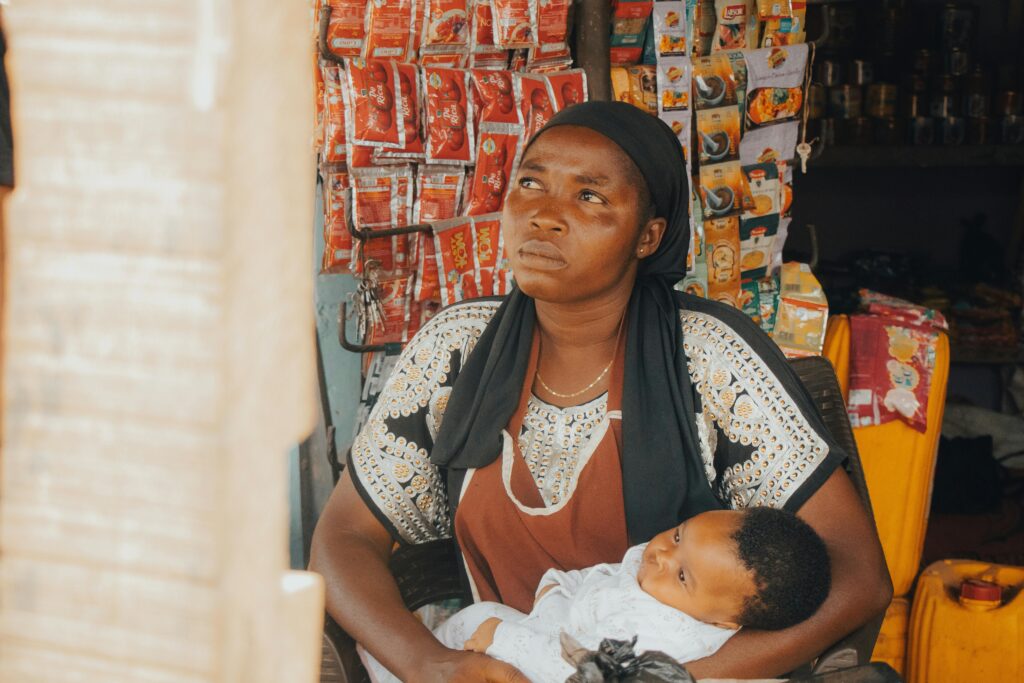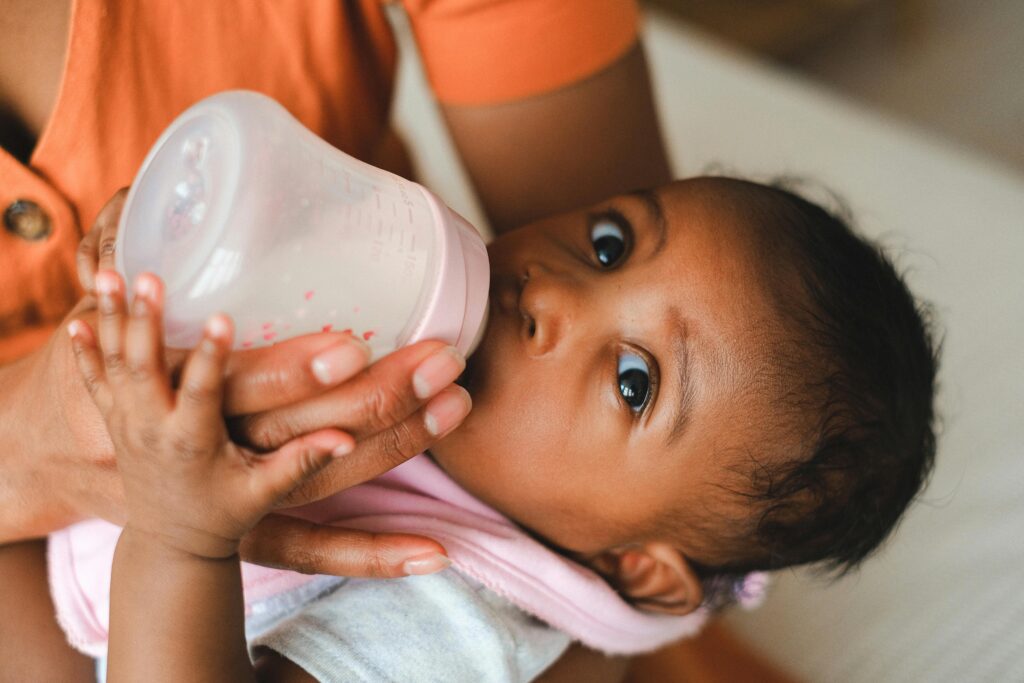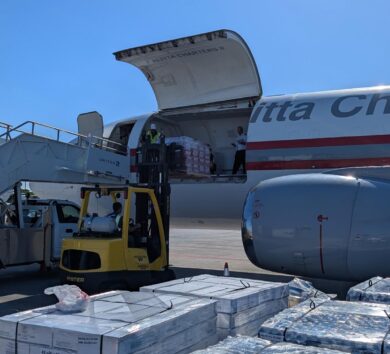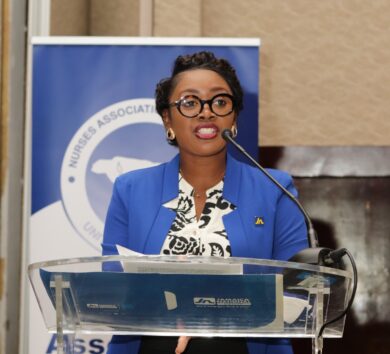

UNICEF and PAHO, in a joint statement, are emphasising the importance for women and children to get the support they need to access appropriate nutrition for their infants and young children, especially in emergencies, such as in the aftermath of Hurricane Melissa.
UNICEF and PAHO strongly recommend that mothers breastfeed their babies, particularly during an emergency.
Exclusive breastfeeding provides all the nutrients, including water, that a baby needs for the first six months of life. Breastfeeding not only provides children with the best start in life, but it also benefits maternal health, protects against non-communicable diseases (NCDs), and contributes to environmental sustainability.
There are many myths around breastfeeding in emergencies, including that mothers’ milk dries up under stress, and that mothers should not breastfeed if their own nutrition is not optimal. The facts are that breastfeeding can help reduce stress for the mother and baby, and mothers can successfully breastfeed when they receive adequate emotional and practical support, including additional food where needed.
Mothers can suffer health risks if they do not breastfeed during emergencies. These can include respiratory and gastrointestinal infections. Suboptimum breastfeeding is responsible for almost 12 per cent of child deaths annually, and these risks are even higher in emergencies. Breastfeeding provides critical protection from infections, especially where safe water and sanitation is unavailable, and ultimately saves the lives of countless babies.
Artificial feeding with breast milk substitutes (BMS), such as infant formula, in an emergency, carries high risks of malnutrition, illness and death and is a last resort only when other safer options have first been fully explored and deemed unavailable. The agencies declared that breast milk substitutes are not acceptable as a replacement for breast milk because, at best, they only replace some of the nutritional components of breast milk, whereas breast milk contains antibodies, enzymes, and hormones, many of which simply cannot be included in BMS.
Any use and procurement of BMS, such as infant formula, should be based on careful needs assessment according to the protocol set out in the Operational Guidance on Infant and Young Child Feeding in Emergencies produced by a range of partners, including UNICEF, other UN agencies, and NGOs.
Donations of BMS should not be accepted, and any distribution and use of BMS should be carefully monitored to ensure that only the targeted infants receive the product.
UNICEF and PAHO therefore call on humanitarian partners responding to emergencies caused by Hurricane Melissa to refrain from requesting donations of breast-milk substitutes, including infant formulas, follow-up formulas, and powdered milk.
They further urged donors not to distribute these products to the affected population for the following reasons:
- These products can be potential vectors of infection. For example, in preparing these products, water that is not suitable for consumption may be used (e.g., in the case of a lack of clean, safe drinking water or contaminated water supplies); or where inadequate hygiene practices could be followed, such as not adequately washing feeding utensils like bottles and nipples.
- Donated breast milk substitutes may be outdated, or may be inappropriate for the age of young children, and/or may not have guidelines for their preparation and the hygiene measures to observe.

- If these products are donated to breastfeeding mothers, they can interrupt breastfeeding. These mothers may see their milk production decrease and once the donation ends, resuming breastfeeding will be difficult, leading them to continue to buy the donated product, which is often a challenge due to its high cost.
- Children who are not breastfed are highly vulnerable to infectious diseases and malnutrition. In emergencies, they are even more vulnerable. They are more likely to get an infection, become malnourished, and suffer from serious illnesses that could lead to death.







Comments